
by John Boston
The beat goes on at Amazing, after the brief syncopation that pushed its schedule back a month. This September issue, as usual these days, boasts on the cover of all the new (non-reprint) stories inside—four short stories, 35 pages in all, less than a fourth of the magazine. The rest of the fiction, three novelets, is reprints. So is the cover—Frank R. Paul’s Great Nebula in Andromeda (“Andromida,” as this barely-proofread magazine has it). It’s from the back cover of the October 1945 Fantastic Adventures, significantly cropped, and generally pretty cheesy-looking. By then, Paul’s future was behind him, in more senses than one.
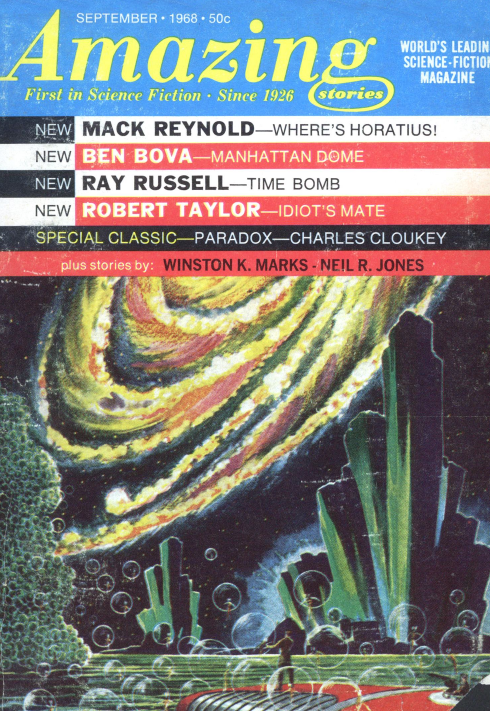
by Frank R. Paul
There is the usual collection of features, ranging from a startlingly inane editorial by editor Harrison, through another “Science of Man” article by Leon E. Stover (see below) and a Sao Paulo Letter by Walter Martins about SFnal doings around Brazil, to what has become the usual lively book review column. Though this month it’s a little incestuous. William Atheling, Jr., who is James Blish, reviews Brian Aldiss’s new novel, while Blish’s own byline appears on a review of Harrison and Aldiss’s Best SF 1967. Alexei Panshin reviews John Wyndham’s new novel, while Leroy Tanner, who is Harrison, reviews Panshin’s book on Heinlein, and Harrison under his own name reviews William Tenn’s new novel Of Men and Monsters. What is this? The New York Review of Books?
And—speaking of “What is this?”—there’s a telltale development in the fine print at the bottom of the contents page. Right under “Sol Cohen, Publisher” and “Harry Harrison, Editor,” is a new line: “Barry N. Malzberg, Associate Editor.” Based on past history (Harrison first sneaked into Amazing as a book reviewer before being named as editor), maybe there’s another change in the works. That might account for the rather detached and phoned-in quality of Harrison’s editorial this month. Mr. Malzberg is a recent arrival on the SF scene, having published several stories under the name “K.M. O’Donnell,” which might be said to be notable for their vehemence. That could be just what this frequently uninspired magazine needs.
Where's Horatius?, by Mack Reynolds

by Jeff Jones
The issue begins with Mack Reynolds’s Where’s Horatius?, on the now-familiar premise of making movies of the past. Our time-traveling rogues’ gallery of heroes is trying to film the action in 509 B.C., when the Etruscan king Lars Posena marched with his army on Rome. Reynolds makes the most of his research into the events and the military technology and technique of the age, and generally seems to be having a better time than usual, in a slightly cartoonish way, without the often leaden style and dense didactics of some of his Analog work. The ending is gimmicky and reads like a chunk of text got dropped somewhere in the last few paragraphs, but it’s readable and amusing nonetheless. Three stars.
Manhattan Dome, by Ben Bova
Ben Bova’s Manhattan Dome is a perplexing story, sort of an idiot plot writ large. (For those unfamiliar with the jargon, an idiot plot is one in which there is a story only because the characters act like idiots.) A dome has been constructed over Manhattan to keep out the air pollution wafting over from New Jersey. However, the part of the proposal that would ban cars and cigarettes from Manhattan was blocked by the City Council after the auto, oil, tobacco, and advertising lobbyists got to work, so the air under the dome is worse than the outside air.
To top it off, when Ed, the Chief Dome Engineer, encounters his girlfriend’s cranky old father, he is ranting about how the lack of rain under the Dome has ruined his garden. It’s a disaster, and “Washington” (specified only as the “Public Health people”) has just announced that it’s tearing the Dome down. All is lost! But suddenly the light bulb goes on over Ed’s head, and back in the office, he starts turning on the fire sprinklers that are part of the Dome’s construction. “Rains scrub the air, wash away the aerosols and float them down the sewers. Air always feels clean after a rain, doesn’t it?” All is saved!
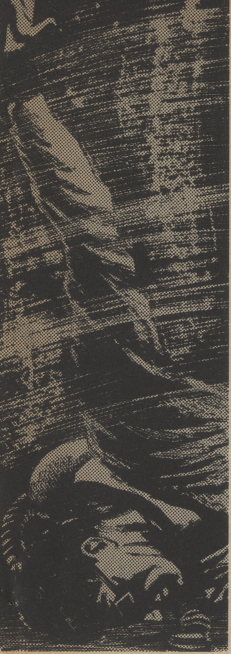
by Dan Adkins
What's wrong with this picture? Let us count the ways. Even an entity like the New York City Council (which has been described publicly as having the I.Q. of a cucumber) would probably not be so stupid as to allow the Dome while blocking the measures to keep the air clean under it. And it’s equally hard to imagine that nobody would have thought about making rain with the sprinklers until long after the Dome was in operation, and about to be torn down. (Ed says there’s plenty of water available. I’d like to see the calculations.) And it’s also hard to credit that artificial rain alone would cure the air pollution problem in a giant city, since there are a lot of cities around the world that have terrible air pollution despite being exposed to the rain—notably New York.
Maybe there will be a sequel in which Bova will sell us the Brooklyn Bridge. But there is one more thing in this story which bears mention. In the lobby of Dome HQ, the chairman of the Greater New York Evolutionary Society and someone from the American Longevity Society get into it, the former supporting the Dome, the latter opposing it. The Evolutionary guy is described as “a massive specimen, with an insistent voice and a craggy face topped by a bristling shock of straight white hair. He had a Roosevelt-type cigaret [sic] holder clamped in his teeth. . . .” They argue, and Mr. Evolutionary declares at his peak:
“I know it’s rough on some individuals. But evolution isn’t worried about the individual. This Dome will foster the development of a superior race, able to breathe pure carbon monoxide, impervious to germs! Magnificent!”
This is an obvious lampoon of Analog editor John W. Campbell and of his views in general, and in particular his opinion that smoking cigarettes is not a serious health hazard, but a boon. (See his editorial in the September 1964 Analog.) This is interesting, since Bova has made a number of appearances in Analog in recent years. We’ll see if that continues. But back to the story: mildly amusing, depending on how high you can suspend your disbelief. Two stars.
Idiot’s Mate, by Robert Taylor
Bova is followed by Robert Taylor (who, you ask? He had a story in last month’s F&SF), with Idiot’s Mate, on the familiar theme of staged violence as mass entertainment. This one features the Chess Tournament, held on the Moon, in which people in spacesuits are assigned to teams and given the names of chess pieces, and apparently given powers to match, though that idea is not well developed. Mostly everyone just plays hide-and-seek and shoots explosive bullets. Protagonist Rodgers, imprisoned on trumped-up treason charges, volunteers for the Tournament and is made king of a team. Needless to say, matters end badly, though the story is not bad; it is a bit overwritten, but capably so, and moves fast. Three stars.
Time Bomb, by Ray Russell
Ray Russell’s Time Bomb is a time-travel joke, deftly rendered, worth about the two pages it takes up. Three stars, allowing for its limited ambition.
The Patty-Cake Mutiny, by Winston Marks
The reprints begin with The Patty-Cake Mutiny (Fantastic, February 1955), by Winston Marks, that monstrously prolific contributor to the mid-‘50s SF magazines, to remind us that they sure published a lot of crap in between the undying classics we all remember.
The Patty-Cake Mutiny is a story of space exploration featuring crew members Slappy Kansas, Conkie Morton, Butch Bagley, Pokey Gannet, Sniffer Smith, and Balls Murphy. Slappy is unofficial foreman because of his skill in slapping people around. Sniffer is greatly talented olfactorily. Conkie conks out under anything more than a gee and a half of acceleration. Balls—calm down now—is so named because of the “pendulous little knobs of flesh” on his face, each of which contains “a submicroscopic parasite that had baffled Earth doctors” (but it’s OK, they’re not contagious). Et cetera. Their mission is to find and mine the incredibly valuable radioactive kegnite. There is tension among the crew because Balls has won at craps their shares of any profit from the voyage.
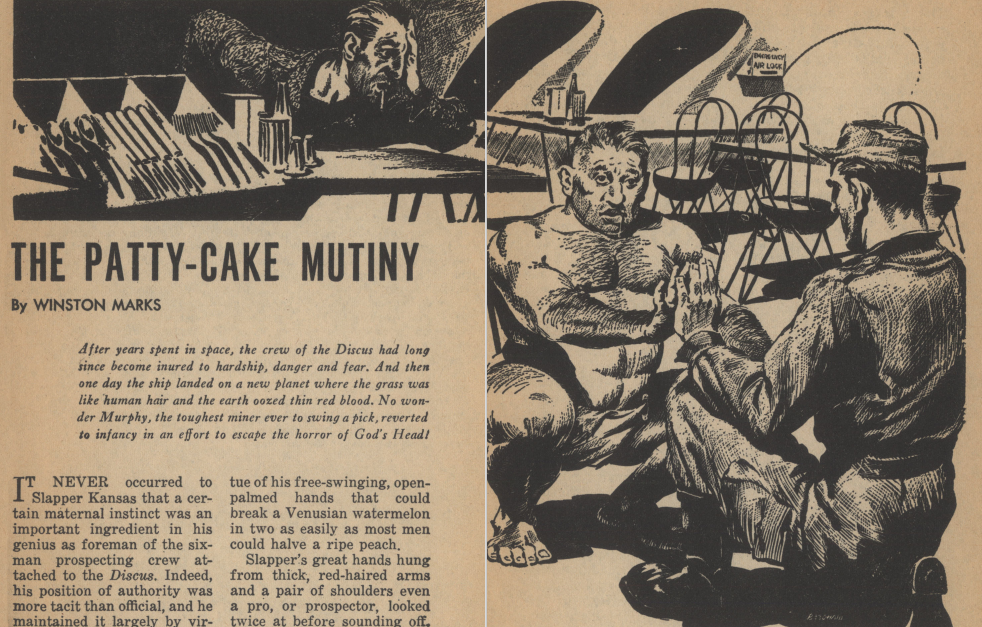
by Tom Beecham
This motley crew lands on a planet with a resilient surface and tall grass-like stalks as far as they can see. Balls goes out exploring and gets into trouble, and is retrieved in a state of “infantile regression”—literally—so they have to put him in a diaper and take turns keeping the baby occupied (hence patty-cake; the mutiny is separate despite the title). But back to work: they cut into the surface and a red fluid—guess what?—gushes out. Before the end, they are hacking steaks out of the giant organism they have landed on—Hairy Joe, as they call it. And it goes on, ending with a fist fight (Slapper lives up to his name) and the explanation of Balls’s regression, which is as silly as the rest of the story. It’s all too ridiculous and tiresome to be borne. I’m demanding a raise. One star.
"Labyrinth", by Neil R. Jones
Neil R. Jones’s Labyrinth (from Amazing, April 1936) is another in his seemingly endless series (22 of them!) about Professor Jameson, revived from his orbiting tomb by the Zoromes (from Zor, of course), and installed like them in a metal body. Now they all go roaming around the universe looking for entertainment, though of course the author doesn’t put it that way. The few of these I’ve read were mostly benignly tedious, but this one is a little more dynamic.
The Prof and the Z’s land on a planet and investigate a city, which at first seems abandoned, but proves to be inhabited by strange beings with four legs and a dozen arms, who flee when our heroes approach.
“ ‘We must seize one of them!’ Professor Jameson exclaimed. ‘They seem intelligent enough for questioning.’ ” Of course! (So much for the respectful fellowship of sentient beings.) Once they’ve got a couple in hand, they conclude that their intelligence is “somewhat below the level of an Australian bushboy, an earthly type which lay in the professor’s memory, yet well above the mentality of the beasts he had known.” (So much for . . . oh, never mind.)
The Queegs, as they call themselves, are quite affable once reassured that they won’t be harmed. They didn’t build the city but say they’ve “always” lived there. They survive by hunting creatures called ohbs, using wooden weapons, even though they can work metal. Why? Metal doesn’t last very long, they say—which seems odd.
So the metal folks tag along on a hunting expedition to a seemingly barren area. The ohbs prove to be giant gray slug-like creatures who apparently subsist on something in the ground. A Zorome comes into contact with an ohb, which starts to radiate light and grabs the Zorome. Another ohb joins in. What’s going on?
“ ‘It is eating me!’ cried 47B-97. ‘It is eating my metal body!’”
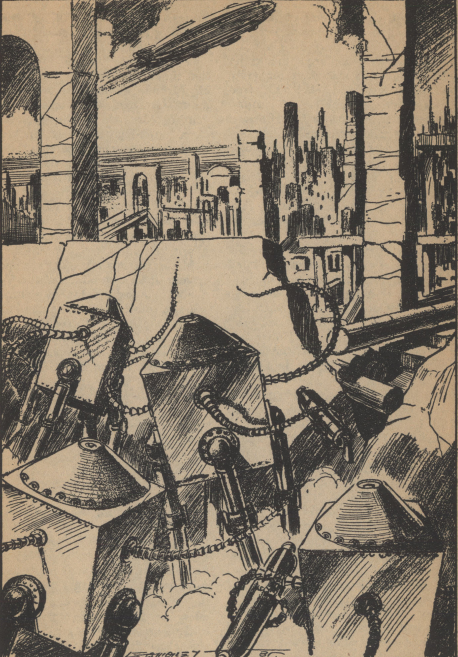
by Leo Morey
And now—“coming from every direction a vast legion of hurrying ohbs, their antennae quivering, slight radiations of anticipation suffusing their leaping-crawling bodies. They were being called to the feast, a feast of virgin metal which the gluttonous appetites of their two companions had involuntarily revealed.” The author continues, waxing rhapsodic:
“With as much disregard for self-preservation as they had shown when hunted by the Queegs, the ohbs, fully half as large as the cubed body of a Zorome, seemed possessed of but one unquenchable desire, and that was to glut themselves on pure, refined metal, free of all impurities and unmixed with rock and other foreign material, such as they found regularly in their daily diet. Nothing less than death stopped their mad charge.”
And a little later, a Zorome cries: “22MM392! 744U-21! We are helpless! They are all around us! Wet, clammy juices they exude from their bodies are turning our metal parts to a fluid which they absorb! If our metal heads are eaten through, we are doomed!’”
Electrifying! But the rest of the story is a little anticlimactic, with the Zoromes fleeing into a tunnel mouth, which leads to the labyrinth of the title. Soon enough they are lost, wandering aimlessly between dangerous encounters with ohbs, until they follow an underground river and are rescued, to resume their peregrinations around the galaxy. Three corroded stars.
Paradox, by Charles Cloukey
The precocious Charles Cloukey (1912-1931) is back, or re-resurrected (see Sub-Satellite), with Paradox (Amazing Stories Quarterly, Summer 1929), another assuredly executed story, published when he was 17. It’s a frame story in which the author is a guest at a club where a couple of members are arguing about the possibility of time travel, and the mysterious Raymond Cannes introduces himself as a time traveler and tells his tale.
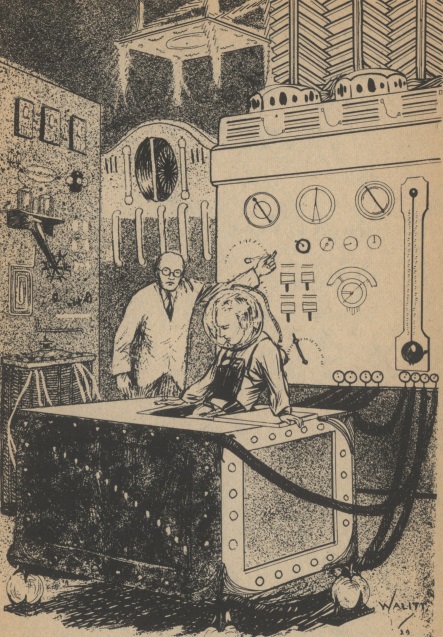
by Wally Wallit
Hawkinson, a scientist and old college chum, has received plans for a strange machine, done in Cannes’s handwriting, but Cannes didn’t write them and wouldn’t have been capable of it. Later, Hawkinson builds the machine—a time machine—and invites Cannes over, and of course (in the usual manner of ‘20s and ‘30s SF), Cannes goes for it and travels a thousand years into the future. After various adventures he flees home at a cliff-hanging moment to find that Hawkinson is dead and his laboratory burned. Cannes throws his time-traveling gear into the river, destroying all corroborating evidence (also as usual for this period’s SF).
The story runs facilely through several now-familiar time paradox themes that were new to the genre when this was written. Unfortunately some of the plot developments I have passed over are fairly hackneyed, and Cloukey’s stilted style, though well turned, gets a bit wearing over the length of the story, keeping it to three stars.
Science of Man: Naked Ape or Hairless Monkey, by Leon E. Stover
Leon E. Stover’s article, Naked Ape or Hairless Monkey, invoking at least the title of Desmond Morris’s best-selling book, takes on the question whether, evolutionarily speaking, humans are naked apes or hairless monkeys. Stover follows human ancestry backwards to conclude . . . nobody knows. A key sentence: “The game seems to be, how much can we learn from the least evidence.” But he thinks he’s got a good guess: an apparently hypothetical animal that he calls Propriopithecus. Conclusion: “So man is neither a naked ape nor a hairless monkey. His line of ancestry evolved apart from the monkeys and apes. He is not simply a depilitated version of either one of them. Man is what he is—a nudist who made it on his own.”
I am reminded of the form letter that H.L. Mencken reputedly kept handy to respond to some of his more imaginative correspondents: “Dear sir or madam: You may be right!” And so may Stover. In any case, it’s reasonably interesting and informative if inconclusive, but also pretty dense reading. Three stars.
Summing Up
Amazing continues to tread water, capably enough this month. Almost everything here is perfectly readable, with one shameful exception. The new stories are pretty lively within their limitations. But we wait in vain for something outstanding, and we’re not likely to get it when only 25% of the magazine is open to new fiction.
[Come join us at Portal 55, Galactic Journey's real-time lounge! Talk about your favorite SFF, chat with the Traveler and co., relax, sit a spell…]

![[August 6, 1968] Treading Water (September 1968 <i>Amazing</i>)](https://galacticjourney.org/wp-content/uploads/2023/08/amz-0968-cover-490x372.png)

![[June 6, 1968] The Stalemate Continues (July 1968 <i>Amazing</i>)](https://galacticjourney.org/wp-content/uploads/2023/06/amz-0768-cover-496x372.png)
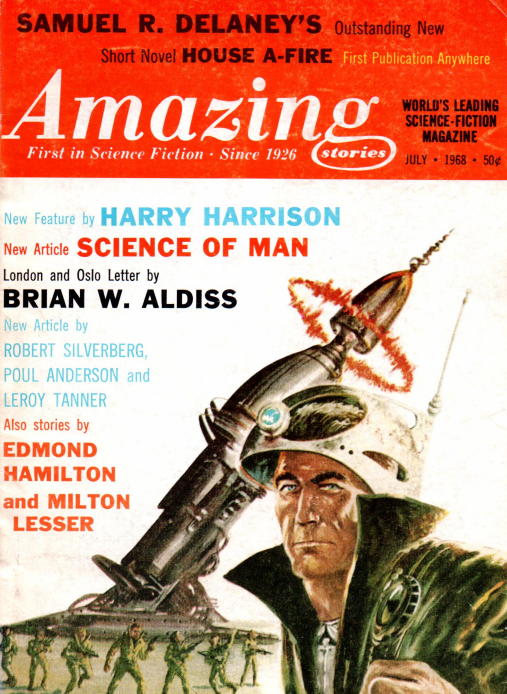
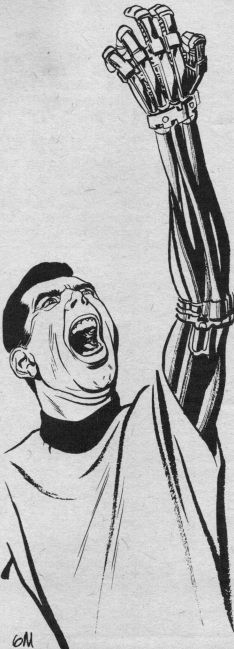
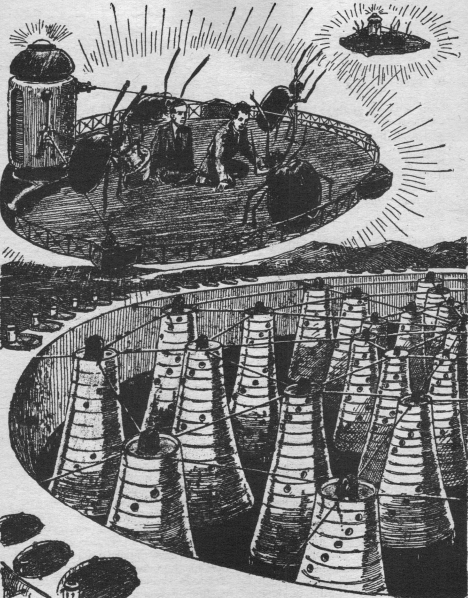

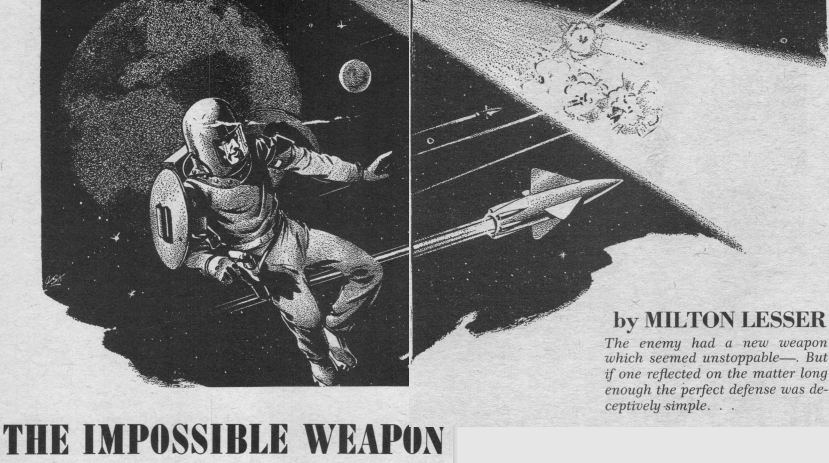
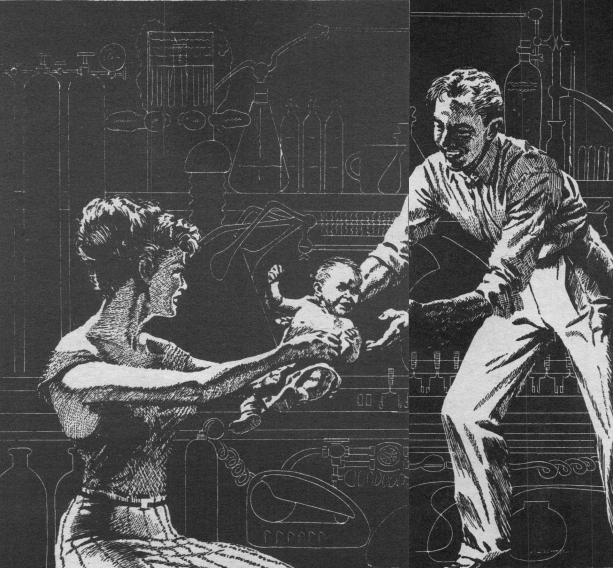
![[May 20, 1968] Dying, deflating, and deorbiting (June 1968 <i>Fantasy and Science Fiction</i>)](https://galacticjourney.org/wp-content/uploads/2023/05/680520cover-665x372.jpg)





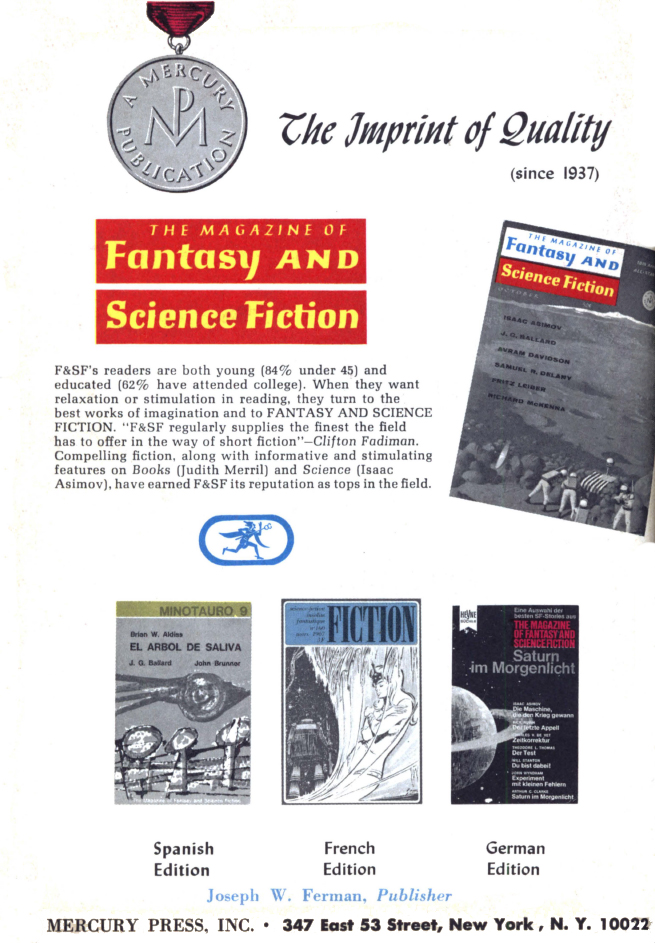
![[May 10, 1968] Horse race (June 1968 <i>Galaxy</i>)](https://galacticjourney.org/wp-content/uploads/2023/05/680510cover-393x372.jpg)



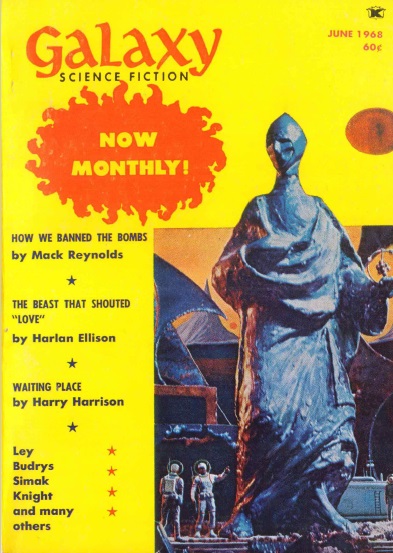



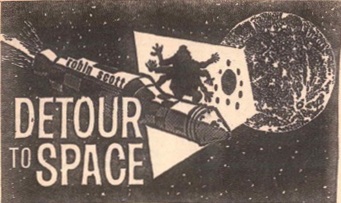

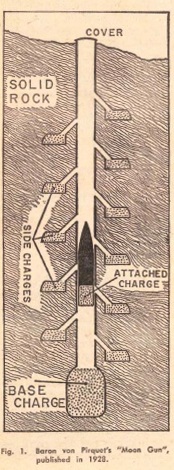
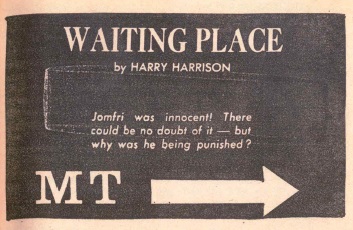
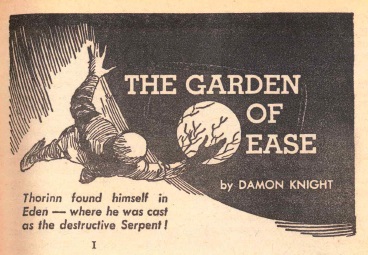
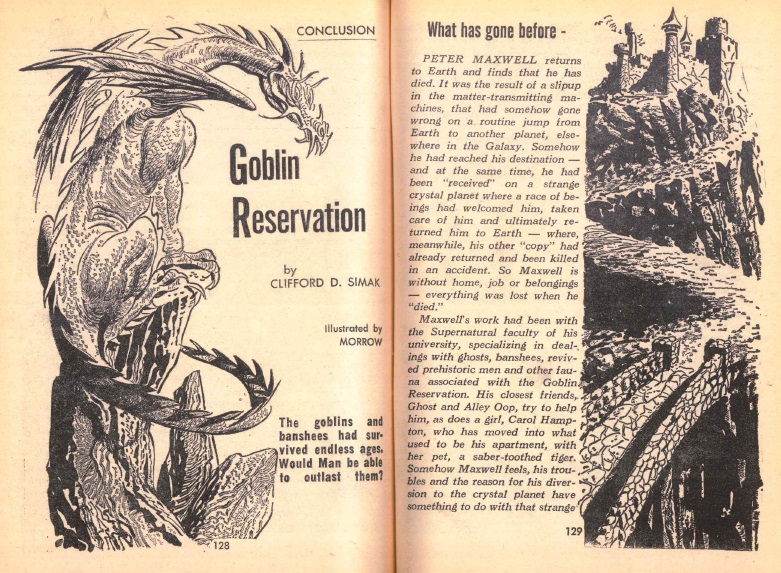
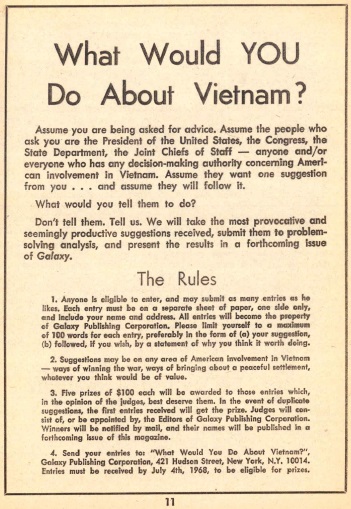
![[April 10, 1968] Things Fall Apart (April 1968 <i>Amazing</i>)](https://galacticjourney.org/wp-content/uploads/2023/04/amz-0468-cover-447x372.png)







![[March 28, 1968] Design for effect (April 1968 <i>Analog</i>)](https://galacticjourney.org/wp-content/uploads/2023/03/680328cover-672x372.jpg)
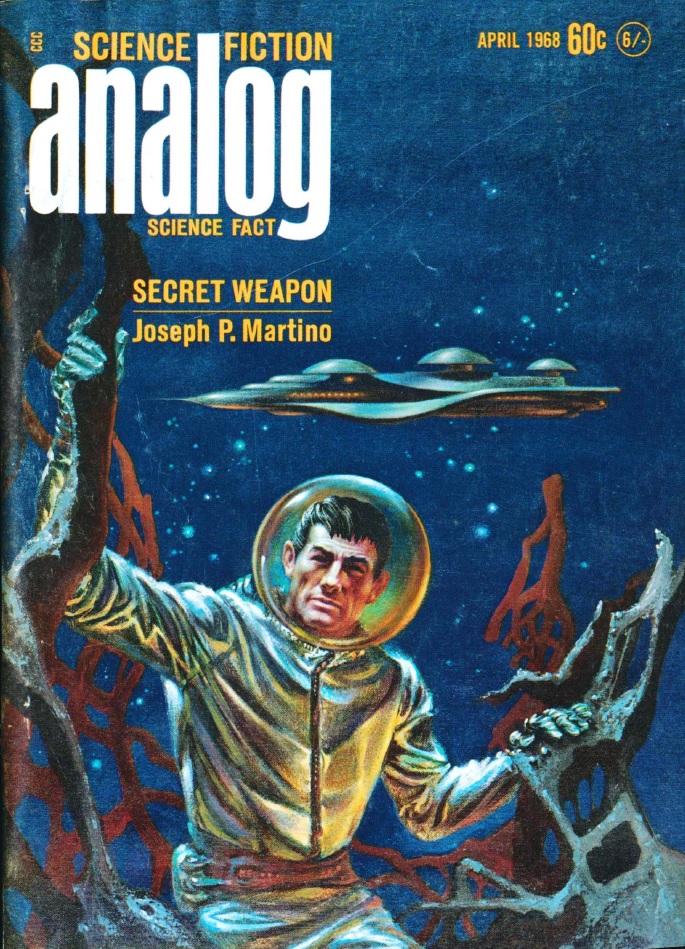
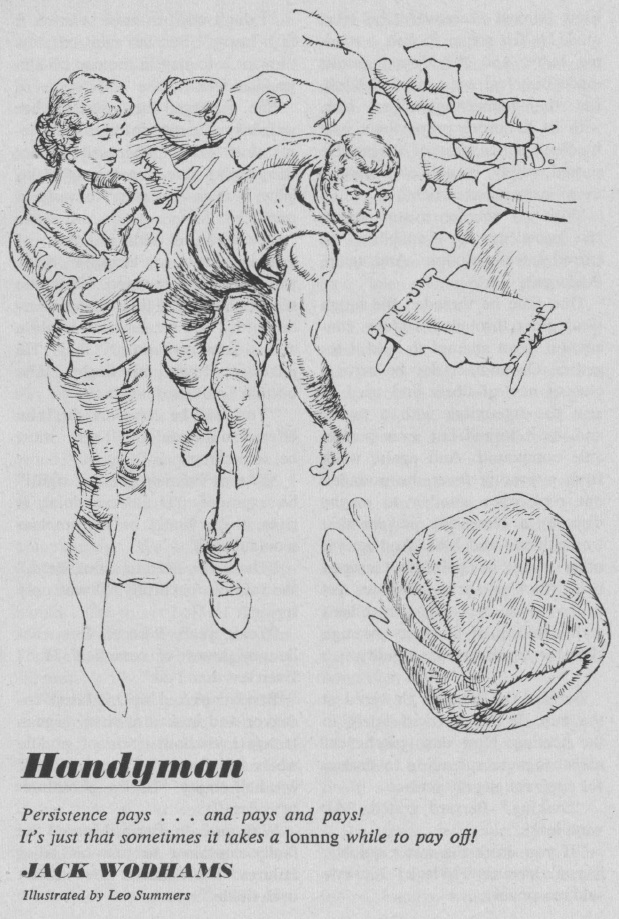

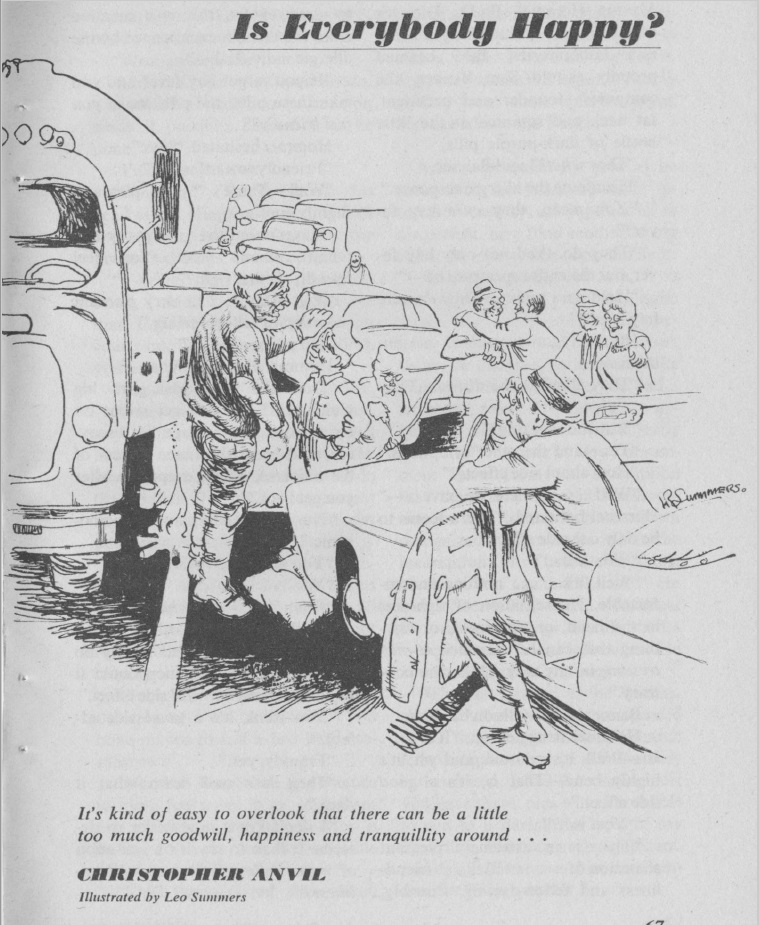

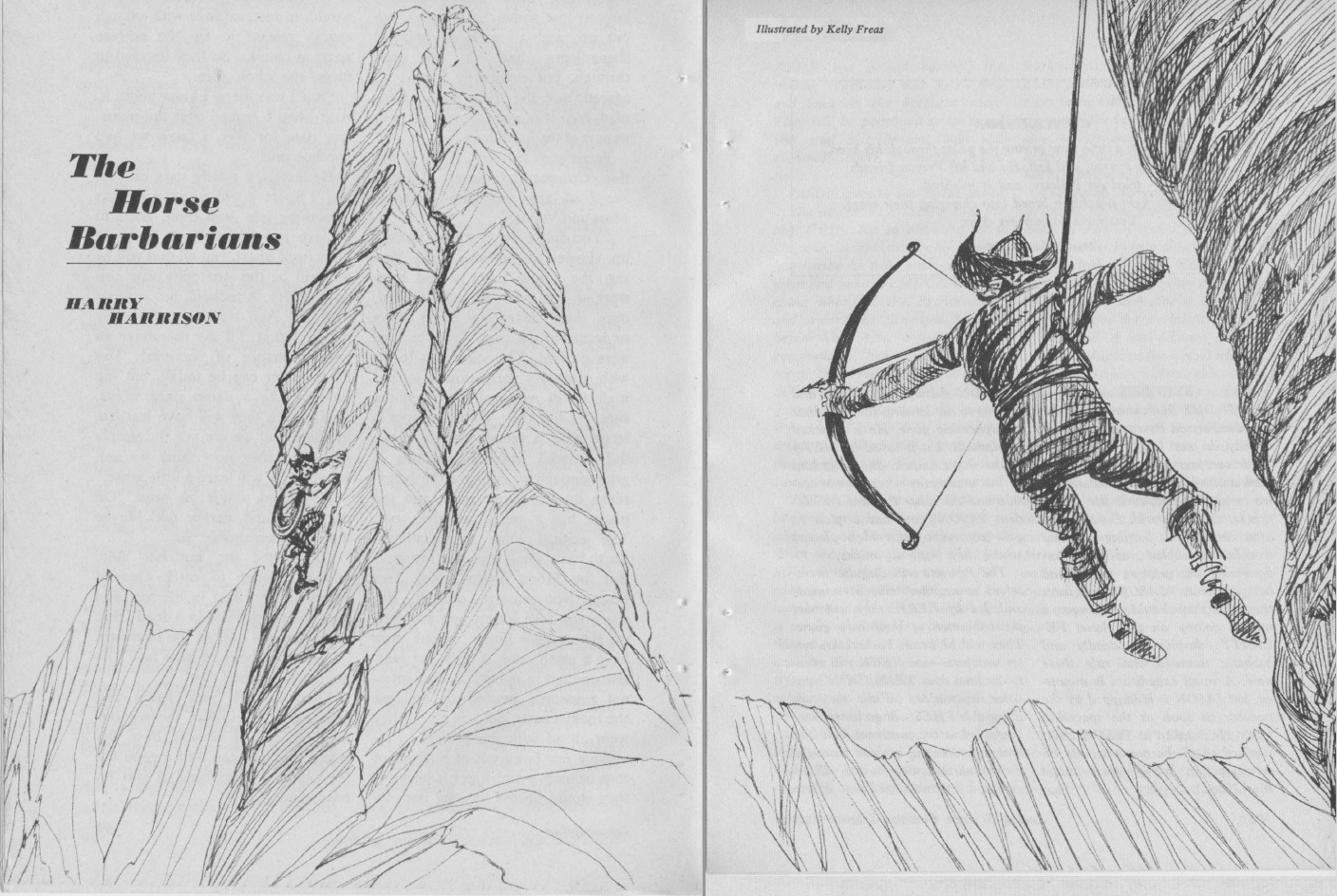
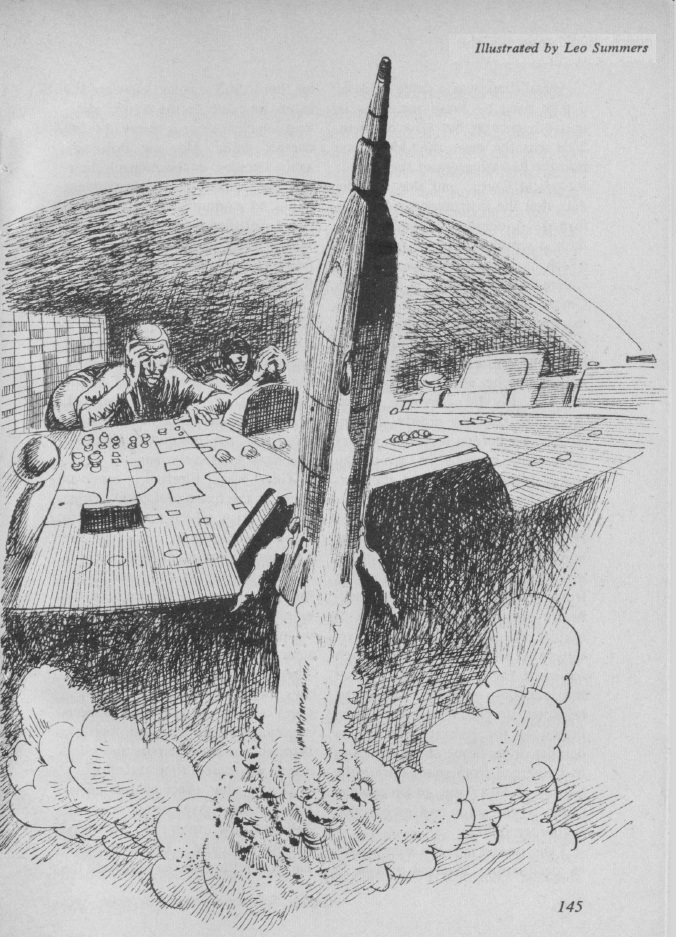

![[February 26, 1968] Stormy Weather (March 1968 <i>Analog</i>)](https://galacticjourney.org/wp-content/uploads/2023/02/680226cover-672x372.jpg)

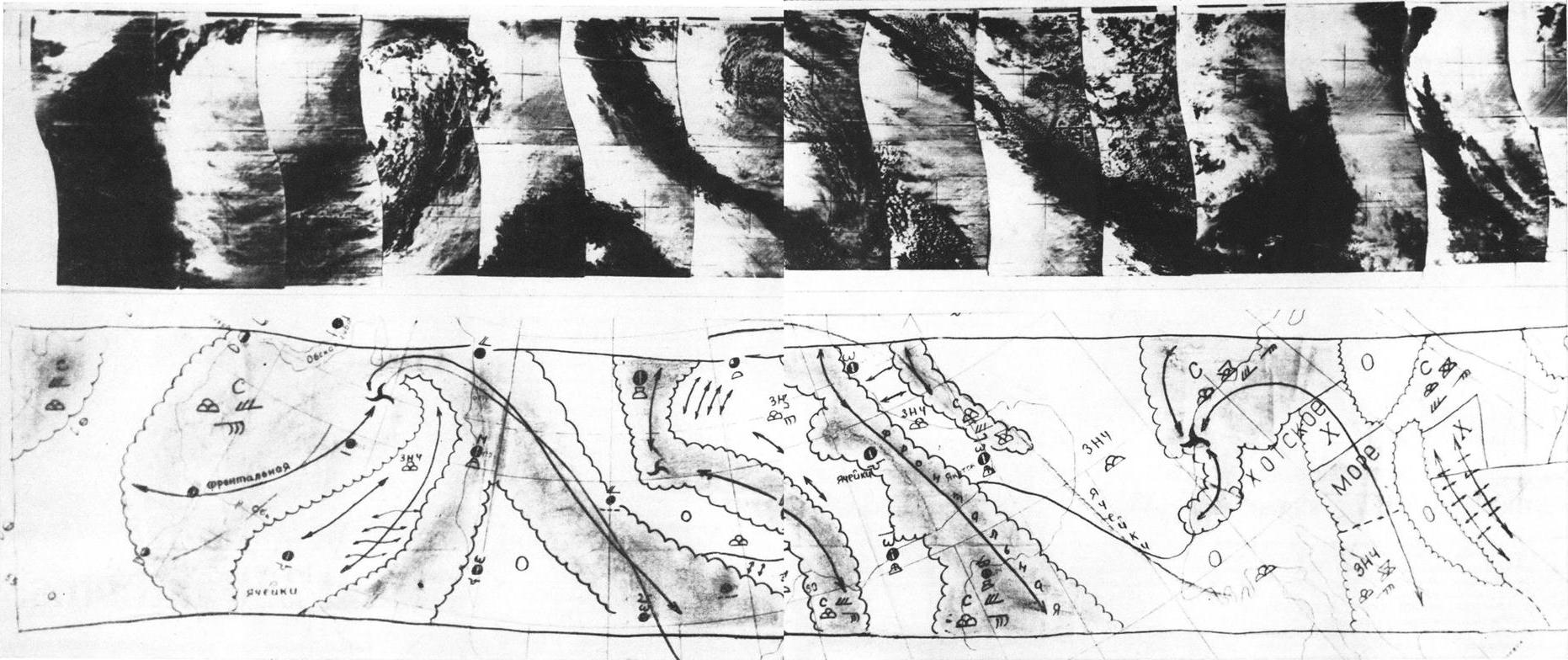
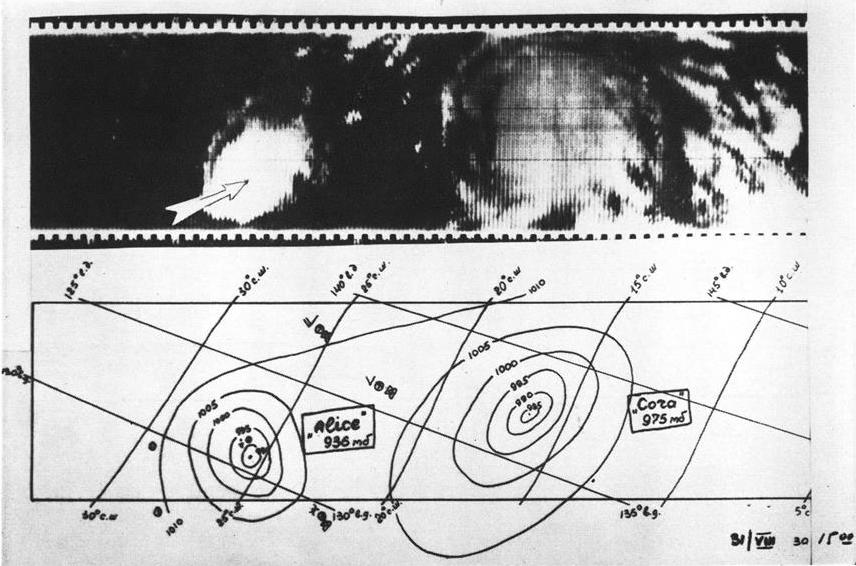

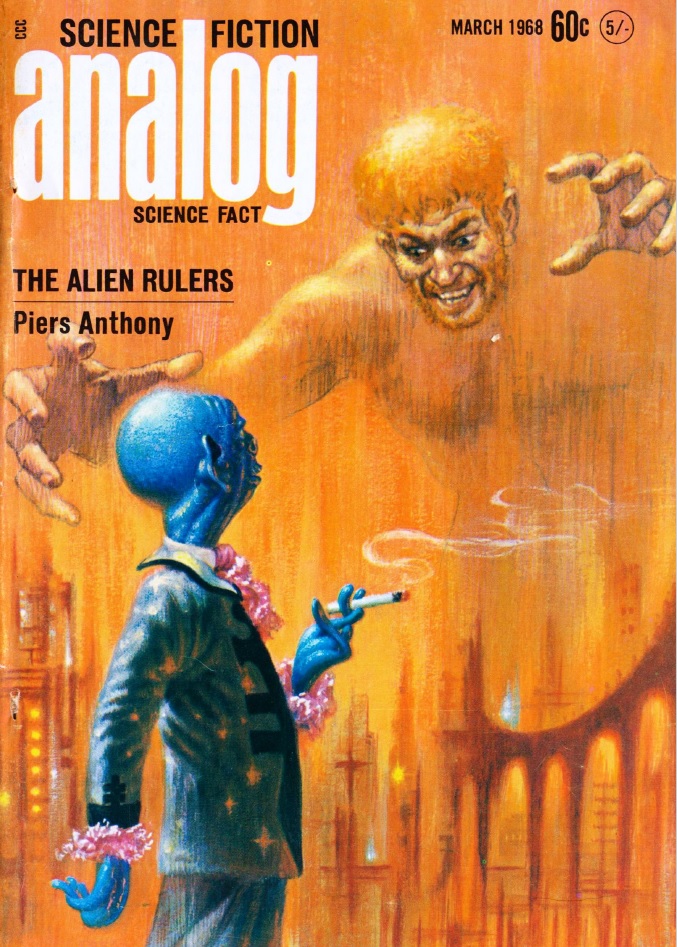
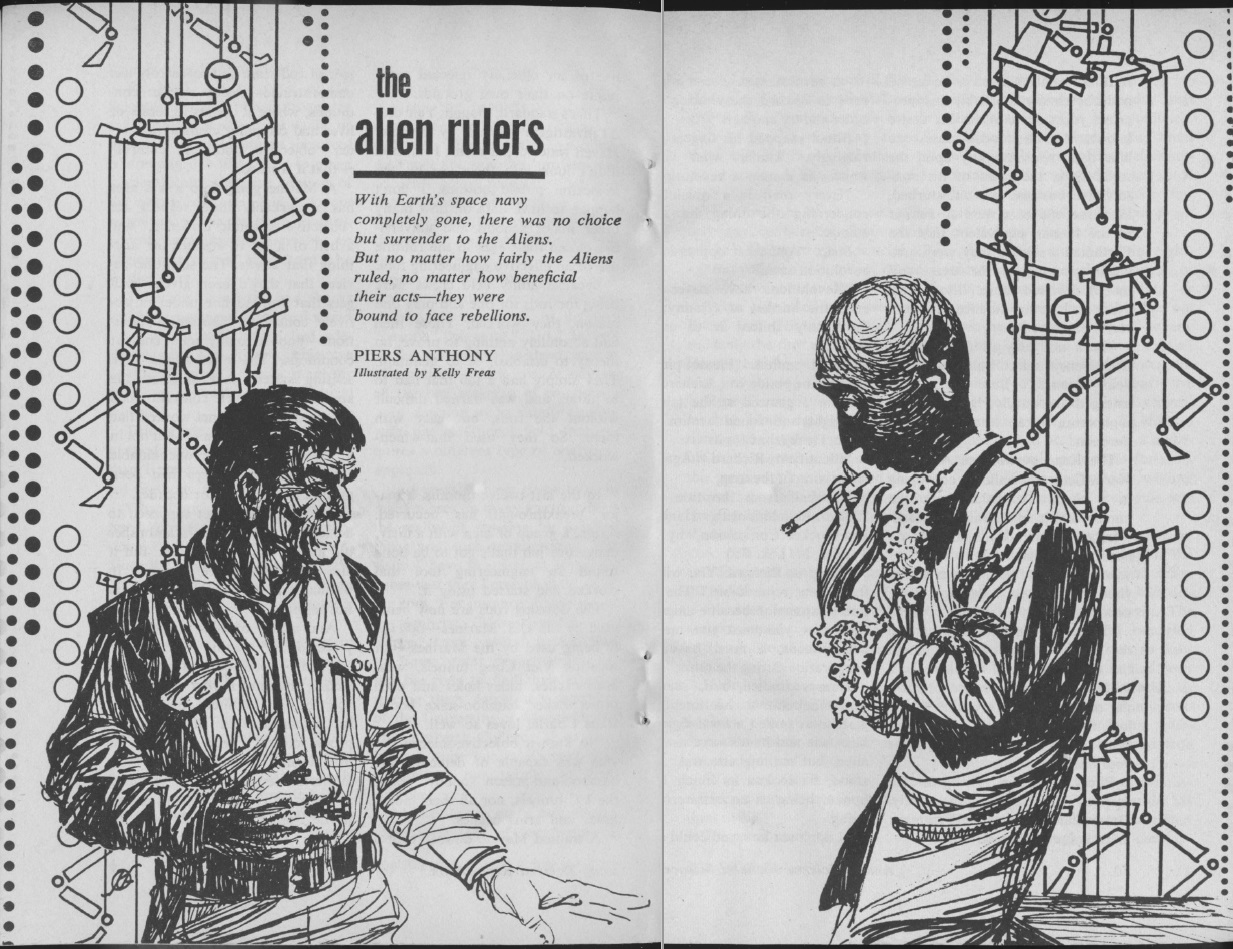
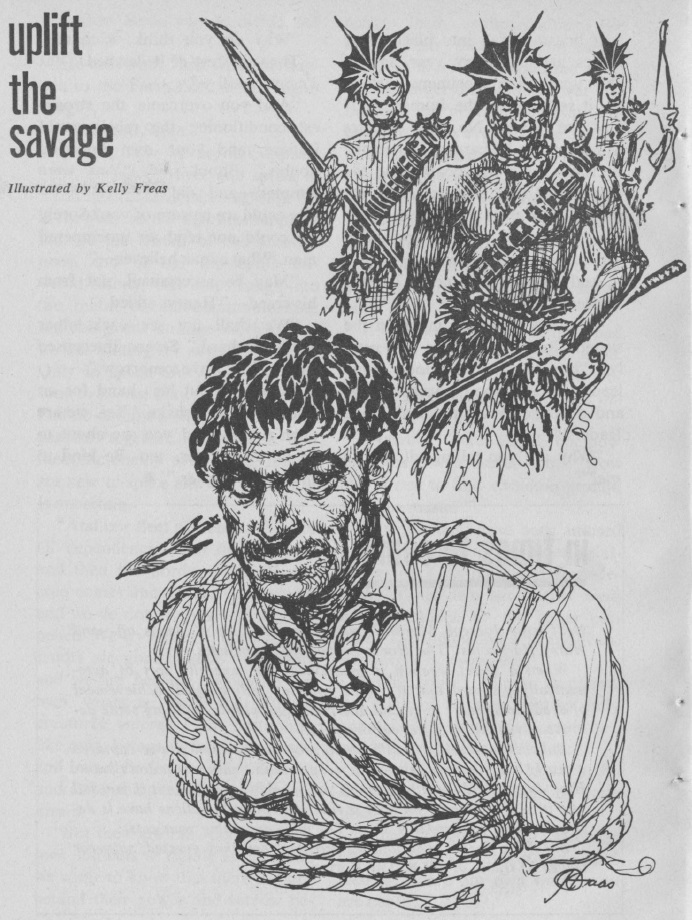
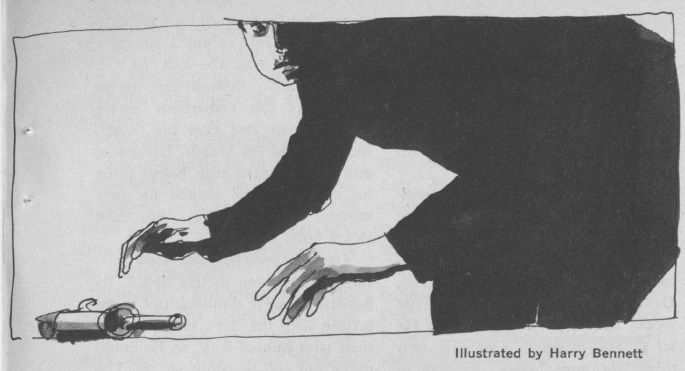
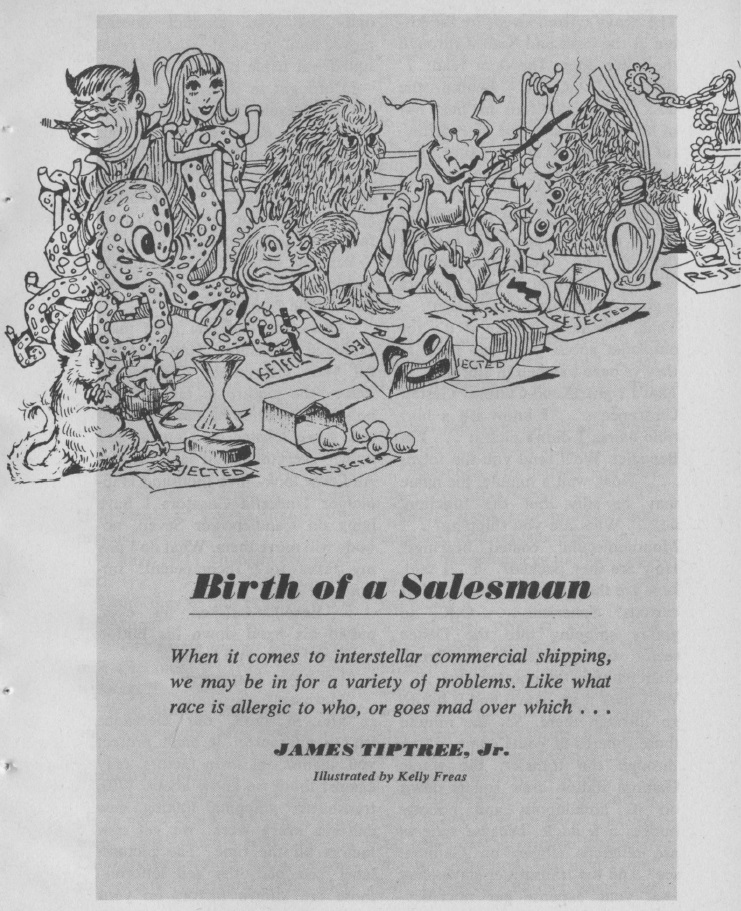
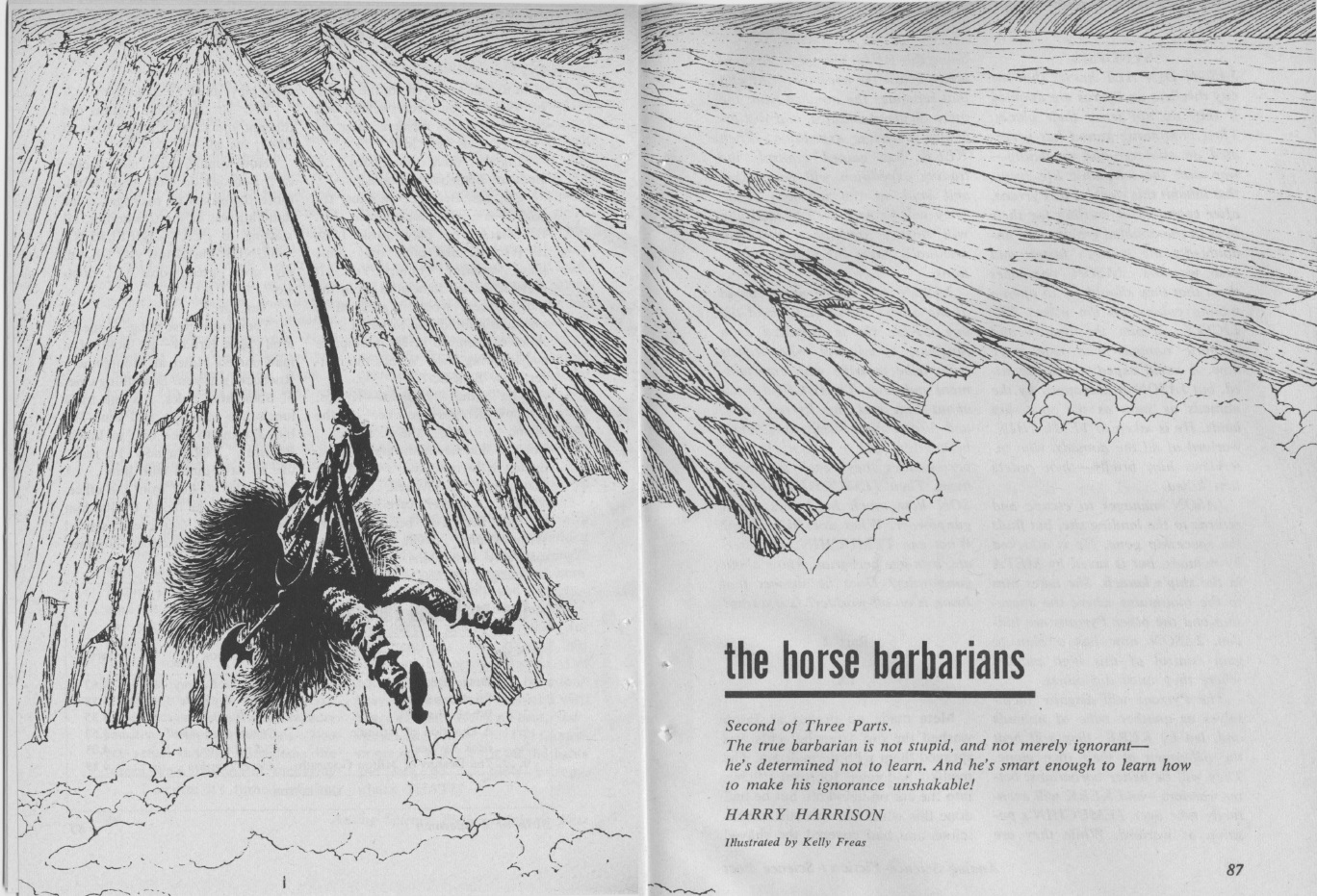
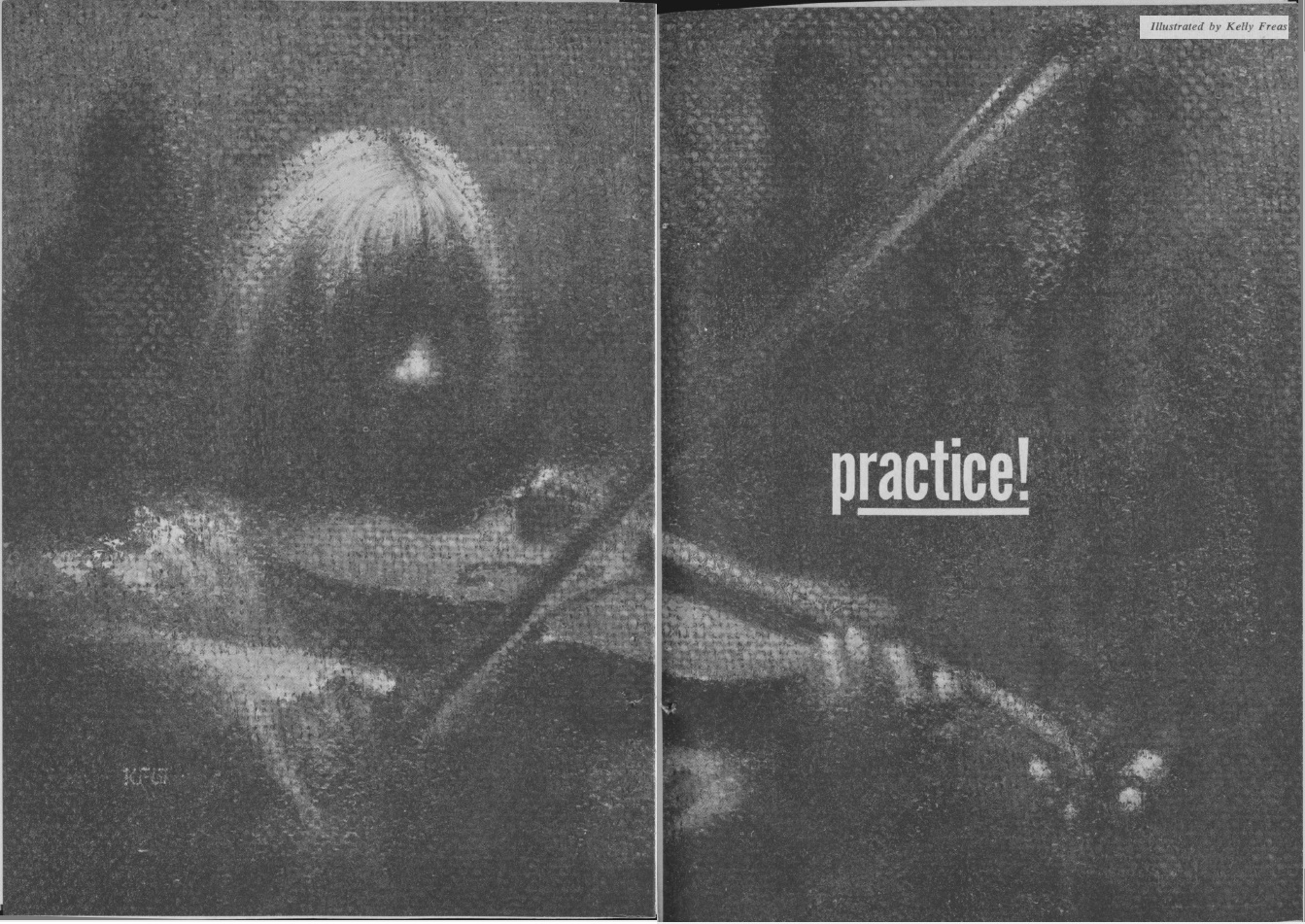


![[January 31, 1968] Too much and too little (February 1968 <i>Analog</i>)](https://galacticjourney.org/wp-content/uploads/2023/01/680131cover-651x372.jpg)


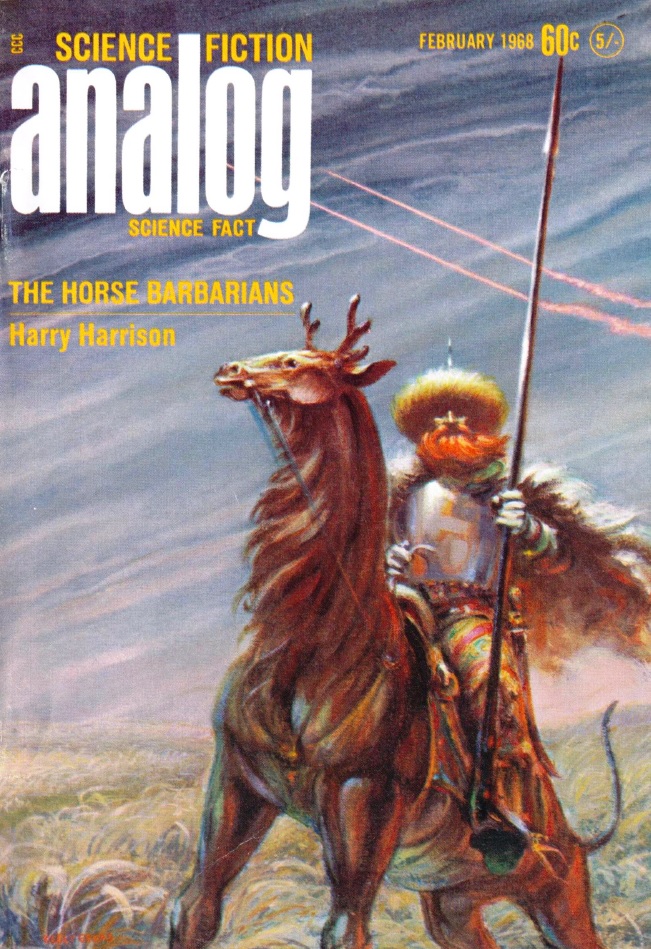
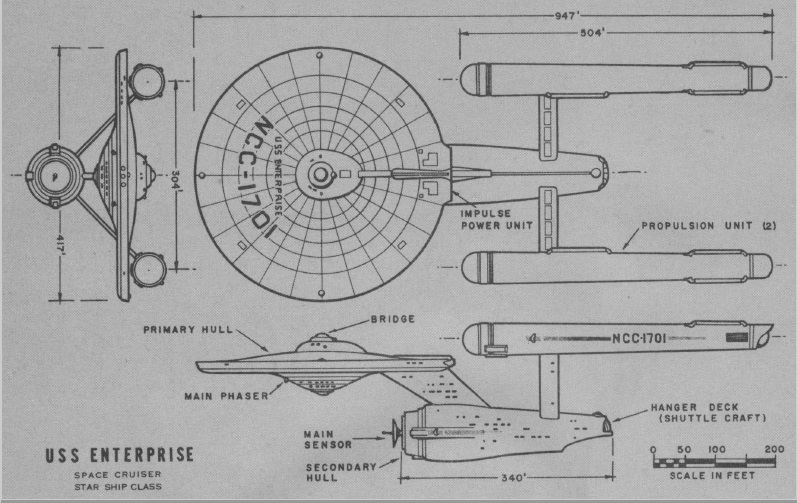
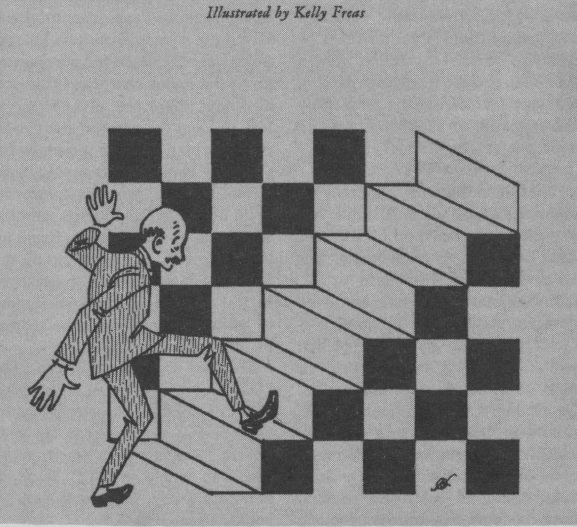
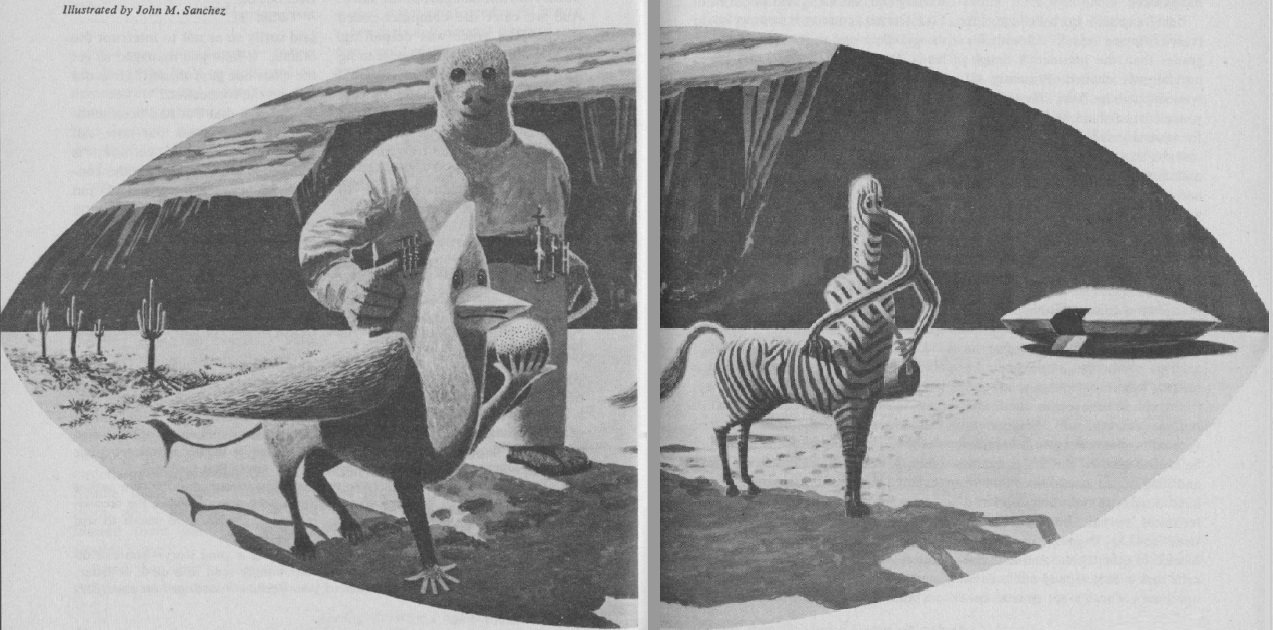


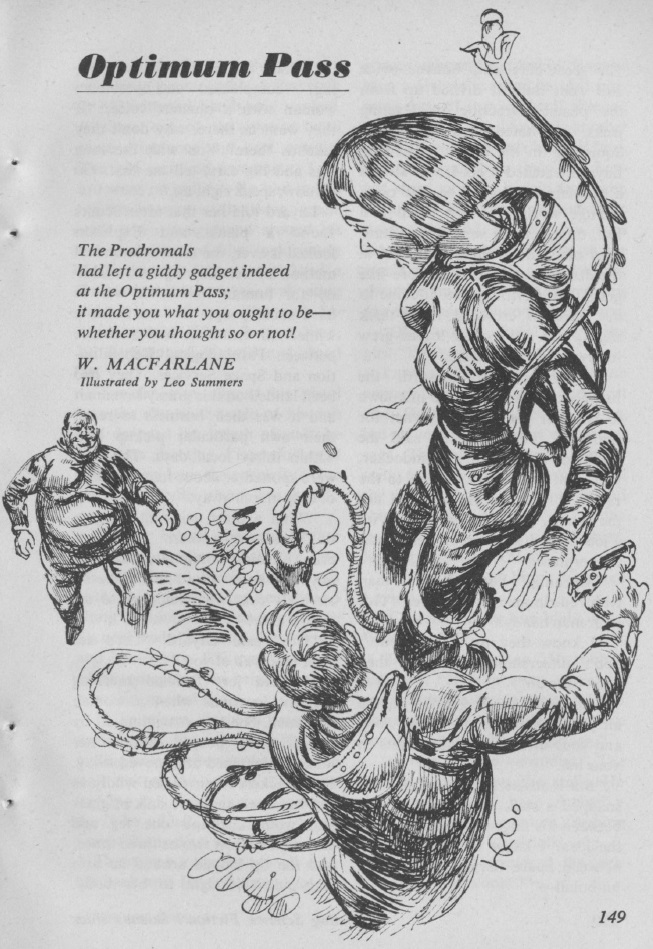

![[January 22, 1968] The Magical Mystery Tour (February 1968 <i>Fantasy and Science Fiction</i>…plus the Beatles movie!)](https://galacticjourney.org/wp-content/uploads/2023/01/680122both-672x372.jpg)
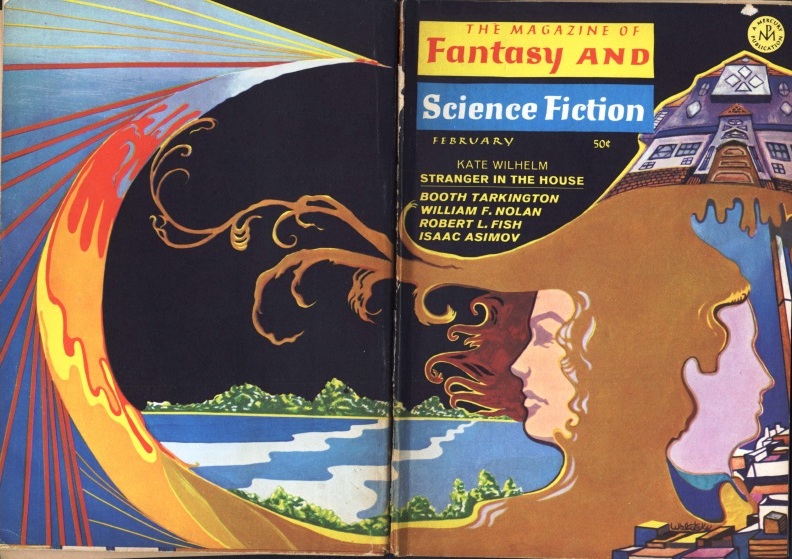
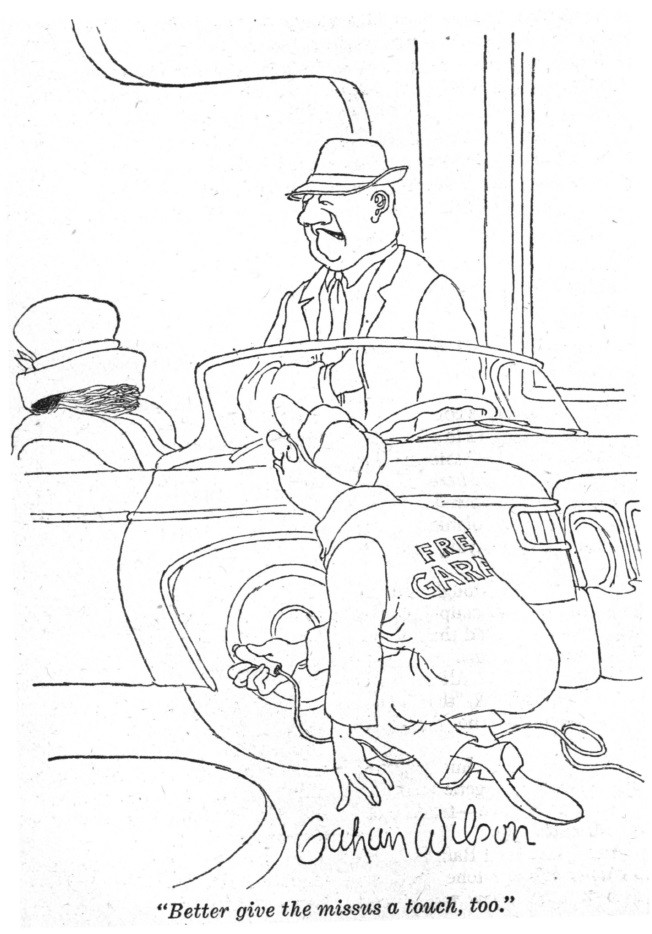

 The Mystery Bus attempting to flee its critics.
The Mystery Bus attempting to flee its critics.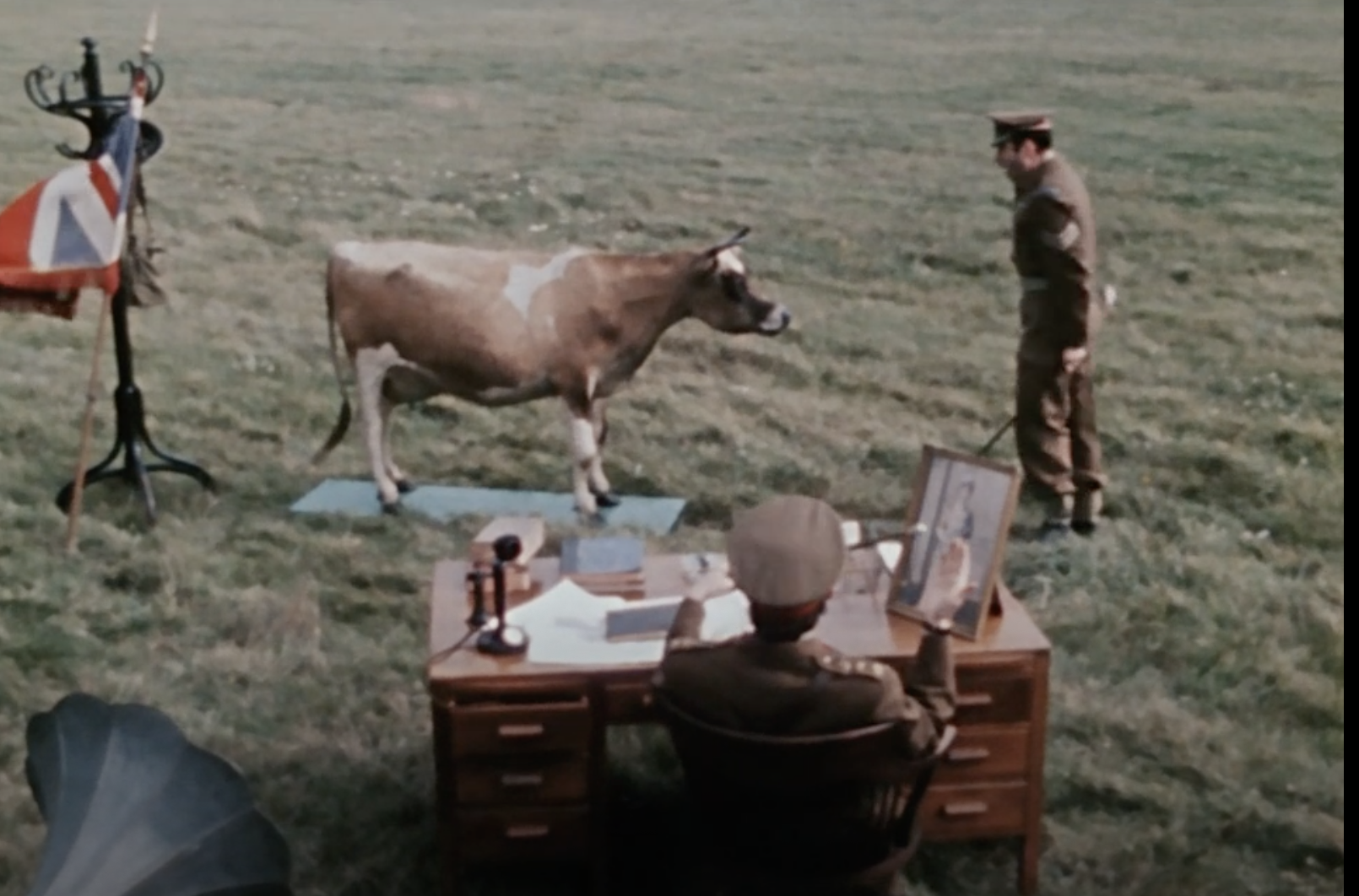 Yes, but why?
Yes, but why? Everyone having a lovely time, apparently.
Everyone having a lovely time, apparently.![[January 14, 1968] As Is (February 1968 <i>Amazing</i>)](https://galacticjourney.org/wp-content/uploads/2023/01/amz-0268-cover-492x372.png)





